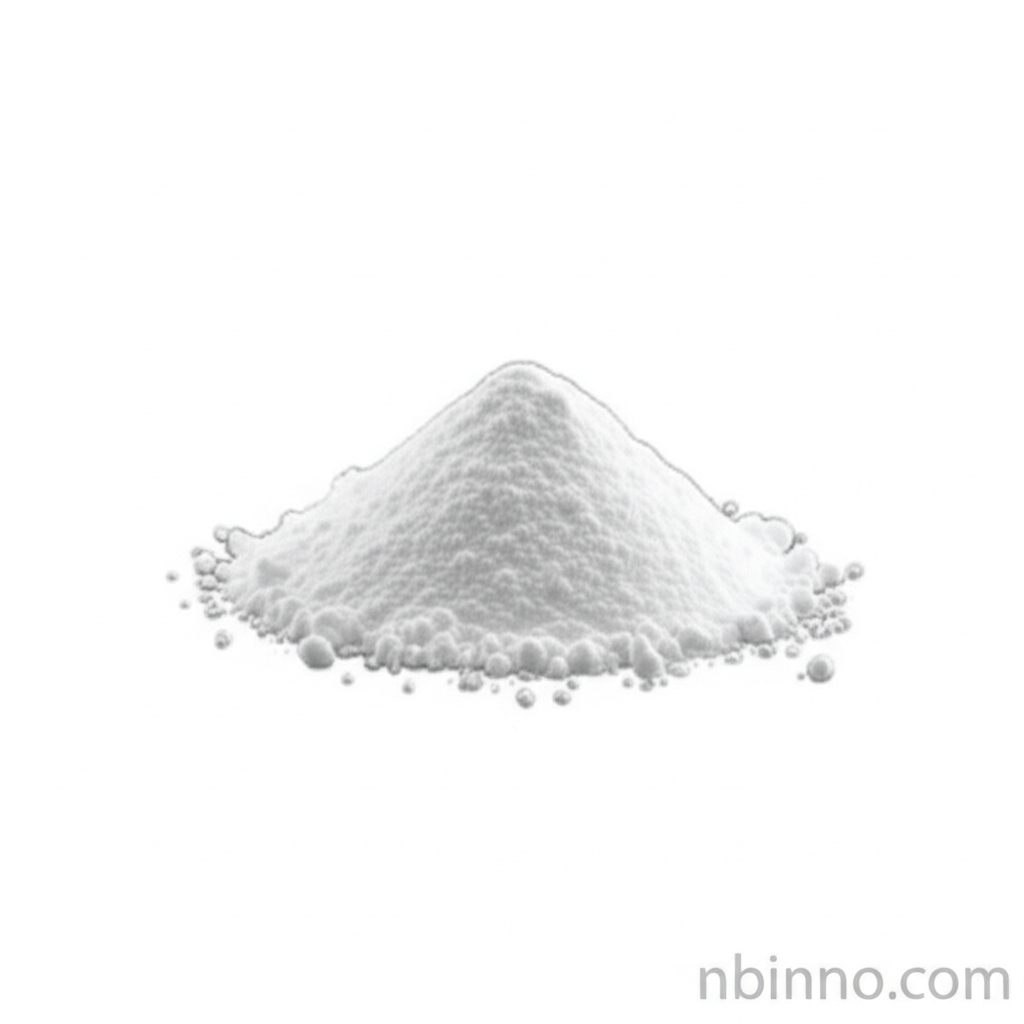Methyl Methanesulfonate: Your Key Mutagenesis Research Component
Discover the essential properties and applications of Methyl Methanesulfonate (CAS 1115-84-0) for advanced research.
Get a Quote & SampleProduct Core Value

Methyl Methanesulfonate
Methyl Methanesulfonate, identified by CAS 1115-84-0, is a crucial organic compound widely recognized for its role as a chemical mutagen. Its precise formulation and known properties make it an invaluable tool in laboratories worldwide.
- Methyl Methanesulfonate CAS 1115-84-0 is a vital chemical mutagen for studies on genetic mutations.
- Understanding the methyl methanesulfonate properties is key to successful mutagenesis experiments.
- The methyl methanesulfonate appearance as a powder ensures ease of handling and accurate dosing.
- The primary methyl methanesulfonate application lies in its ability to induce DNA damage and study repair mechanisms.
Key Advantages
High Purity and Reliability
With a quality standard of 99%, this methyl methanesulfonate ensures reliable and reproducible results in your research, a critical factor when studying complex biological processes.
Well-Defined Chemical Structure
The molecular formula C6H14ClNO2S and CAS 1115-84-0 provide clear identification, supporting accurate record-keeping and compliance in scientific studies.
Facilitates Mutagenesis Research
As a potent chemical mutagen, it is indispensable for investigating DNA alkylation, DNA replication blocks, and the subsequent genetic consequences, aiding in the advancement of genetic research.
Key Applications
Mutagenesis Studies
Utilizing methyl methanesulfonate for its ability to induce mutations allows researchers to study gene function, DNA repair pathways, and genetic toxicology.
DNA Alkylating Agent Research
Investigate the mechanisms of DNA damage caused by alkylating agents, understanding how methyl methanesulfonate modifies DNA bases and leads to cellular effects.
Genotoxicity Testing
As a benchmark compound, methyl methanesulfonate is used in genotoxicity assays to validate testing methods and understand the cellular response to DNA-damaging agents.
Recombination Experiments
The compound's ability to induce specific types of DNA damage makes it useful in studying genetic recombination processes and their regulation.
